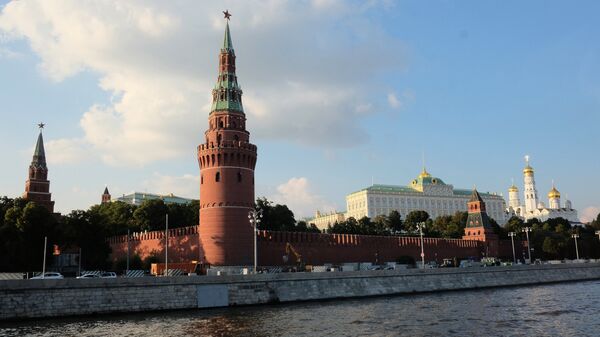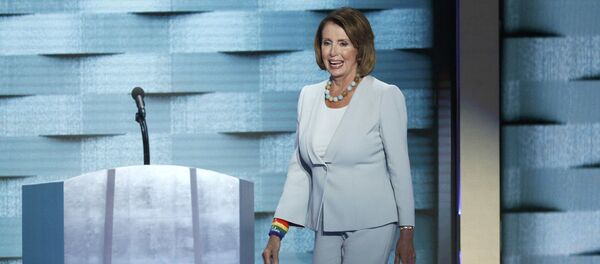Salvini said that Italy has lost over six billion euro as result of the sanctions policy.
"We had to stop them at the very beginning: and not just in words, but in practice. Our government representatives, like Matteo Renzi and Federica Mogherini, traveled to Russia and made promises, which they have not fulfilled. We wouldn't make this mistake again, because, according to the most conservative estimates, the sanctions and countersanctions have cost our country no less than 6 billion euro," the politician said.
The relationship between Russia and the European Union soured after the Crimean peninsula seceded from Ukraine and reunified with Russia after more than 96 percent of local voters supported the move in a referendum in March 2014.
The Western countries, including the EU members, have not recognized the legitimacy of the vote, imposing several rounds of sanctions against Russia. In response, Russia introduced a food embargo against the countries that imposed restrictive measures on Moscow.
"It is obvious that it was suicide for Europe, and especially for Italy, to impose these sanctions. For our part, at the level of regions and municipalities, we have prepared documents that would help overcome or remove sanctions," the politician stressed.
Salvini also criticized NATO's policy toward Russia and stated that Italy "shouldn't be a pawn of the alliance." According to the politician, NATO should be involved in the protection of the Mediterranean borders and the fight against Daesh, instead of deploying its troops at the border with Russia.
"One thing is to be a part of the alliance as equals, but quite another is to be slaves, pawns of the alliance, which, by the way, doesn't make any sense and needs reforms," the politician stated.
"The position of Lega Nord is quite clear. If the referendum majority vote "no," there will be a new government formed in Italy," Salvini said.
On August 8, the Italian Court of Cassation approved the holding of the referendum on the constitutional changes which would see the Senate's powers limited. The opponents of the changes, fear the reform could remove democratic checks and balances and lead to the over-centralization of power. Polls have shown the "yes" and "no" camps almost neck-and-neck, with many voters still undecided.





